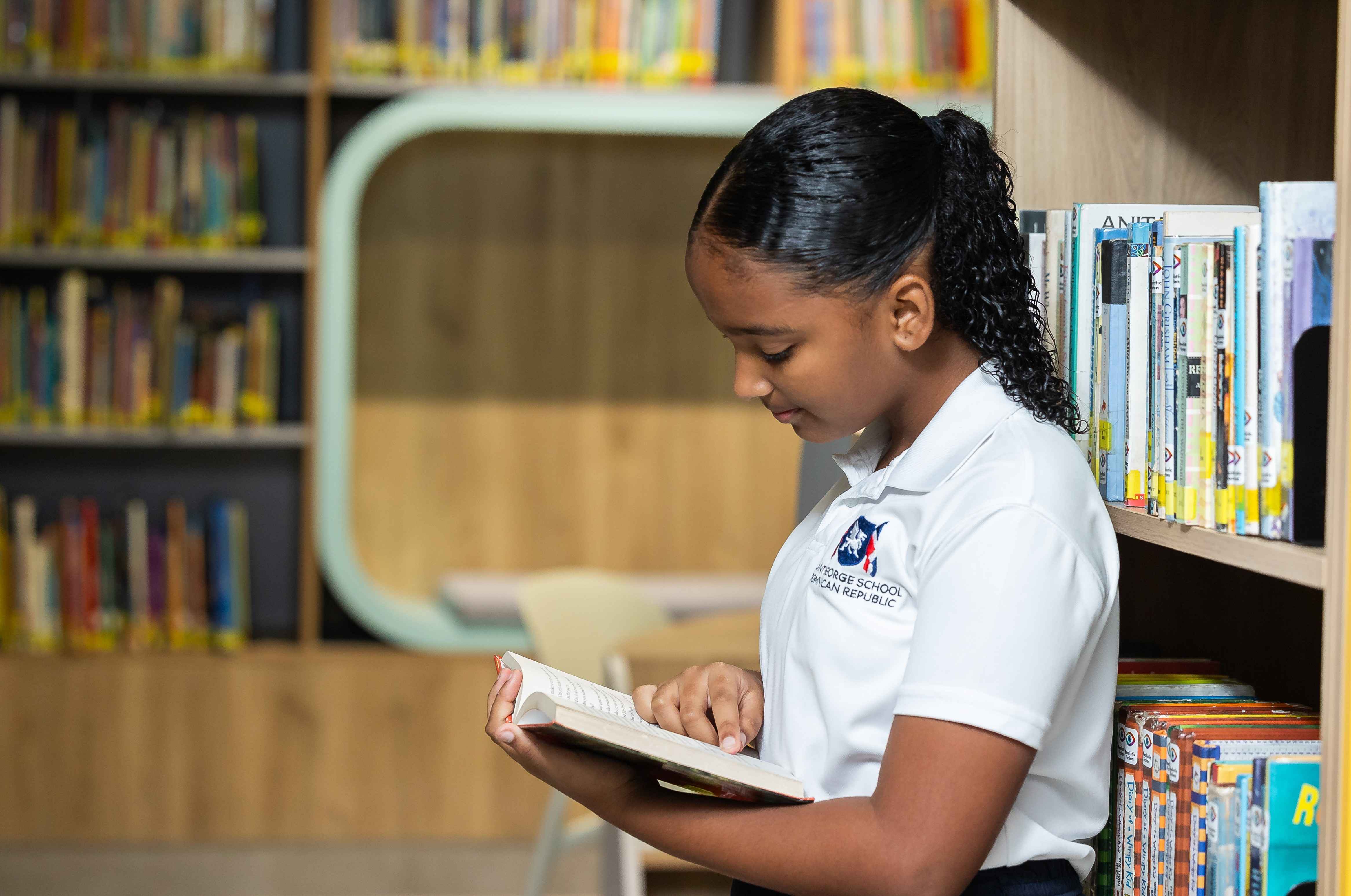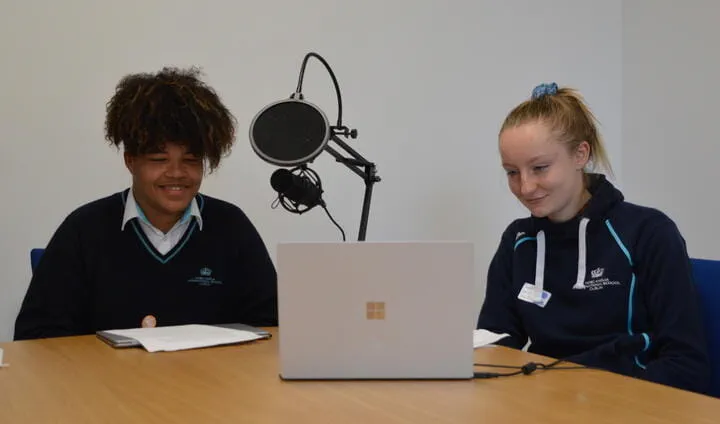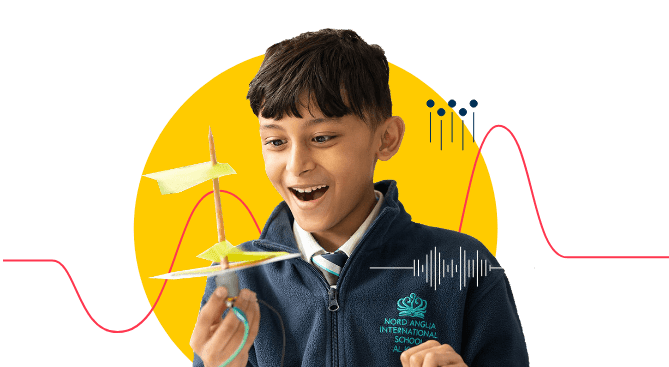Press Releases
 Press Releases
Press Releases Press Releases | Educational Insights | Teacher Stories | Featured
Press Releases | Educational Insights | Teacher Stories | Featured Press Releases
Press Releases Press Releases
Press Releases Press Releases
Press Releases Blog | News From Our Schools | Featured
Blog | News From Our Schools | Featured Blog | Educational Insights | MIT
Blog | Educational Insights | MIT Blog | Parent Advice | Featured | Educational Insights
Blog | Parent Advice | Featured | Educational Insights.jpg?rev=c069d462812e4732b51f4f8b24d2bc85&hash=073D327BB881261589CD79A8D29D9E80) Press Releases
Press ReleasesOur podcast, A Little Bit of Genius, sees two of our own students interview fascinating people from around the globe. With each episode, there’s something new to learn – from finding out what it takes to win a medal at the Olympics, to exploring how we can take action to protect the environment.
See all podcasts
